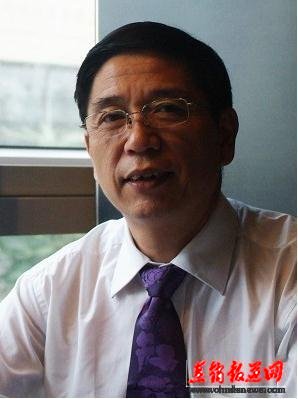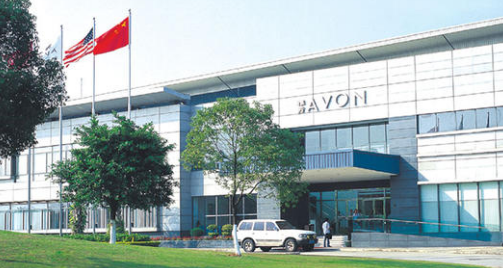2020-11-12 14:04
The decline of direct selling originator in China
|
[Beijing Direct News Network November 12th] (New business needs to participate)Again and again, back and forth. Avon China's blind switch between direct sales and retail sales has personally cut off its first mover advantage and leading position. In 1990, China's cosmetics market was still in its infancy. At that time, Chinese women's cognition of make-up and skin care mostly remained in products such as Yashuang and clam oil. Avon, the originator of direct selling, entered the Chinese market at this time and took the lead. As a 100 year old direct selling company, Avon has cultivated a large number of articulate female direct sellers in the Chinese market. They dress up every day, dress up in high heels, sell AVON's lipstick, blush, even personal care products, perfume, fashion accessories, fashion underwear and healthy food. The outside world once gave this group a beautiful nickname, "Miss Avon". By 1997, the group had sold more than 1 billion yuan of products. It is Amway, Mary Kay and other direct selling companies that are far behind. Although they only entered China 2-3 years later than Avon, the sales data can not be summed up in the same camp. After years, Avon won the first direct sales license in China and became the most popular cosmetic brand among Asian consumers. With the rise of China's market, Avon even ranked first in the world's top 100 direct sales. But now, as an ordinary consumer, how many people have noticed Avon. In 2019, Avon's direct sales business withdrew from China and sold its Guangzhou factory to Feishi shop for us $44 million. In May 2020, the general manager of Avon China resigned, and five months later, a new leader filled the vacancy on October 16. When the wechat group discussed the five frequent changes of the brand in 10 years, some even asked, "is Avon still alive?" Angela Cretu, Avon's chief executive, once said that China and the Asia Pacific region as a whole are extremely important to Avon, and the Chinese market is one of Avon's few pillar markets. But Avon doesn't seem to be that important in the Chinese market. Its sense of existence has long since gone with the group of "Miss Avon". 1. Survival under direct selling ban In 1997, the revenue reached 1 billion yuan, which is astronomical in China, where the disposable income of urban residents is only 5160 yuan. For a time, direct selling apprentices began to collect money illegally through pyramid organizations in the market. At that time, a fitness machine called shuangankang swing machine was described by these salesmen as an invention to save the fate of mankind. In the era of 300 yuan a month, the swing machine sold for 4000 yuan. Of course, these sales are not to sell products, but to develop their own offline with the help of this physical object. Even though the industrial and commercial department stipulates that shuangankang can only carry out single level sales, it still becomes a rebate after being pulled off the production line, and the general rebate rate reaches 40%. Finally, the sales network formed a five-level three-level MLM model. It is said that at that time, a place called Danshui town had a permanent population of less than 20000, but the number of MLM staff reached 200000. In 1998, direct selling and pyramid selling activities were banned in China, requiring legitimate direct selling companies to set up shops to sell goods and provide services. Avon, Amway, Mary Kay and other direct selling companies are facing a blow. At that time, Amway took such a road. With the establishment of stores and the employment of salesmen, Amway's multi-level direct selling mode has established 180000 direct selling troops in China. This model is also a direct marketing method, but the salesman will still be regarded as a pyramid scheme by ordinary consumers. However, this effect is particularly good. By 2004, Amway's revenue exceeded 8 billion yuan. At this time, Avon, the elder brother, appeared to be in decline. In 2004, Avon's revenue in China was less than 2.4 billion, less than a third of Amway. After the ban on direct sales, Avon chose a retail model and opened stores directly across the country. Take the most popular format as an example, which is "front shop and backyard", where cosmetics are sold in front of exclusive stores, and beauty salons are made in the back. Unfortunately, Avon, the originator of direct marketing, has not played in the field of franchising. |


